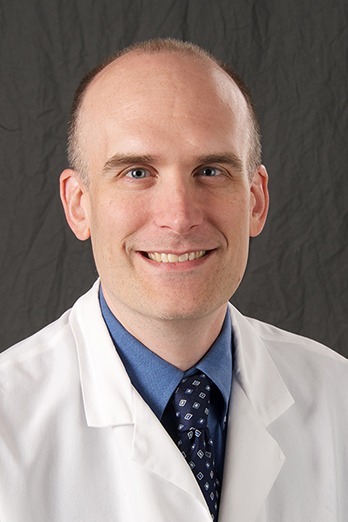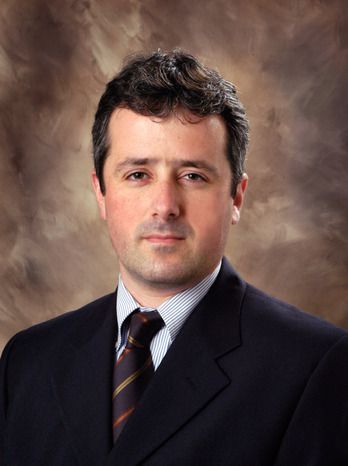A white or red spot is often the first sign of penile cancer.
Penile cancer, also called penis cancer, is rare. Its symptoms could also be symptoms of other conditions that are not cancer.
Still, you should be aware of changes on and around your penis and report them to your doctor. If you do have cancer, detecting it early gives your doctor a better chance to treat it successfully.
Symptoms of penile cancer include these changes to the tip, foreskin, or shaft of your penis:
- White or red spot
- Small, hard lumps
- A sore that bleeds
- Fluid or blood under the foreskin
Learn more about its causes and treatments.
- Different names note different starting points of the cancer.
-
In most cases, penile cancer starts in the foreskin or on the head of the penis. Other names include:
- Bowen disease, when it starts on the shaft or other part of the genitals
- Erythroplasia of Queyrat, when it starts on the head of the penis
- Paget disease of the penis, or adenocarcinoma, when it starts in the sweat glands in the skin of the penis
- Men who have had an HPV Infection have a higher risk of getting penile cancer.
-
A risk factor is anything that increases your chances of getting a disease.
HPV, or human papillomavirus, is a common virus you can get through sexual contact or other kinds of skin-to-skin contact. HPV infections can be treated, but if the infections return over and over, your risk increases for getting penile cancer.
Other risk factors include:
- Not being circumcised
- Being 55 or older
- Smoking
- Having AIDS
- Surgery is the most common treatment for penile cancer.
-
If the cancer is found early and the tumor is small, the tumor can be removed without removing any part of the penis. More advanced tumors may require removing parts of the penis.
In some cases, the entire penis is removed, and the scrotum and testicles may also be removed, depending on how much the cancer has spread. In a procedure called perineal urethrostomy, a new opening is created to control urination without a penis.
For penile cancer that has spread to the lymph nodes, surgery may extend to other parts of the groin.
Holden Comprehensive Cancer Center has experts who focus only on cancers of the urinary system.
Our experts focus on every aspect of penile cancer, including what your life will be like after your treatment.
Our doctors also are top researchers who are finding new treatments and therapies to help get you back to living your life. We are always searching for ways to make the best cancer treatments even better.
We participate in clinical trials of the latest breakthroughs in cancer treatment. This can give you the chance to have your cancer treated with a promising new therapy that is not yet available on the market.
Introducing your team of experts.
Internal Medicine Physicians
Pathology Physician
Radiation Oncology Physicians
Radiology Physician
Urology Physicians
Physician Assistant
Research Nurses
- Michelle Arnold, RN
- Susan Butcher, RN
- Janan Geick-Miller, RN
- Mary Schall, RN
- Jill Wegeman, RN
- Pam Zehr, RN
Cancer Care Clinics
Clinical Cancer Center
21602 Pomerantz Family Pavilion (PFP)Elevator M, Level 1
Phone: 1-319-356-4200











